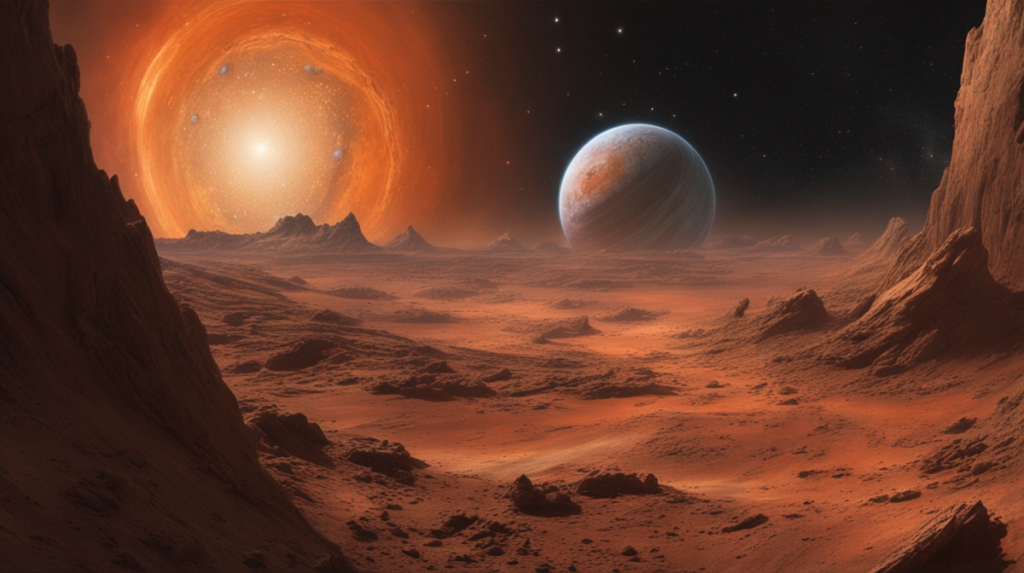The concept of ‘Being Alone in the Universe’ has always fascinated and haunted humans. As we gaze up into the vast expanse of the cosmos, we inevitably ask ourselves, ‘Are we alone?’. This question has shaped the scientific pursuit for extraterrestrial life – a venture deeply intertwined with our understanding of health, biology, and the potential adaptability of life forms in different environments.
Life as We Know It
Before we investigate the existence of life beyond Earth, we must first understand what constitutes life. Earthly life is characterized by its ability to grow, reproduce, respond to stimuli, adapt to different environments, and evolve over time. However, these definitions are skewed towards carbon-based organisms – the type of life we are familiar with. Scientists speculate that life on other planets, if it exists, may be based on entirely different elements and operate on different principles, broadening our understanding of ‘life’.
The Search for Extraterrestrial Life
The search for extraterrestrial life has taken two primary paths: the search for microbial life within our solar system and the search for intelligent life in other galaxies. These efforts are driven by various groundbreaking projects, tools, and theories, such as the Viking missions to Mars, the discovery of exoplanets, and the Fermi Paradox.
Mars: A Potential Cradle of Alien Life
Mars, with its proximity and geological history similar to Earth, is a primary target in our search for microbial life. Recent findings of preserved water in Mars‘ Gale Crater and methane in its atmosphere intrigue scientists, as both water and methane could suggest the presence of life.
Exoplanets: New Frontiers in the Search for Life
The discovery of exoplanets has widened the scope of potential habitable zones in the universe. Kepler 186f and Proxima Centauri b are examples of exoplanets in the ‘Goldilocks Zone’, where conditions might be just right to support life as we understand it.
Health Implications of Extraterrestrial Life
The implications of discovering extraterrestrial life are extensive and influence our understanding of health and biology. Novel organisms might introduce us to new biochemistries, potentially leading to revolutionary drugs or treatments. On the other hand, they could also pose biohazard risks if not handled appropriately.
Alien Pathogens: A New Frontier in Health
Like Earth, other planets could harbor pandemics. Critical questions arise, such as how would our immune system respond to alien pathogens? How would we quarantine and treat potential infections? These considerations necessitate unprecedented safety precautions for future space explorations and astrobiological studies.
Conclusion
Though we have not yet found concrete evidence of extraterrestrial life, the search continues, fueled by curiosity and innovation. Whether we are alone or not, this quest expands our knowledge, challenges our understanding of life and health, and instills a sense of unity as we realize the vastness and mystery of the cosmos that await us.

